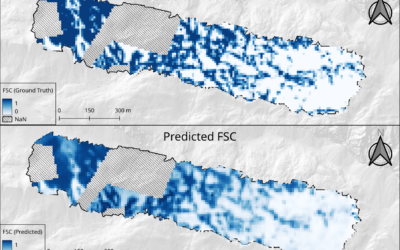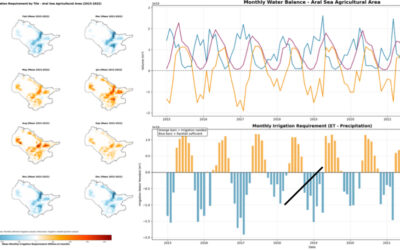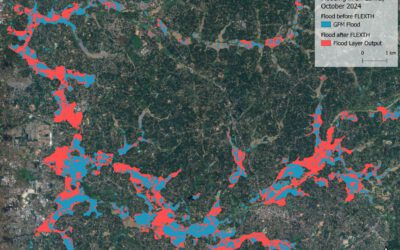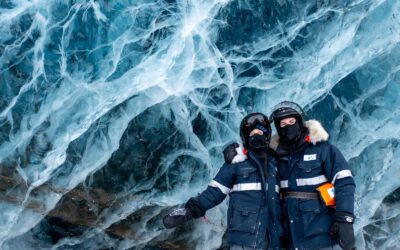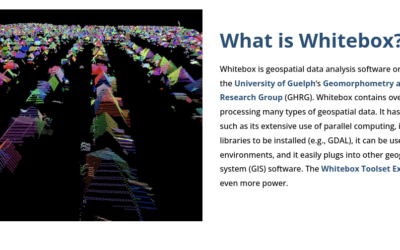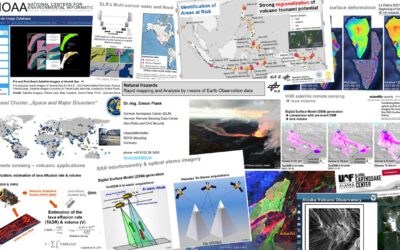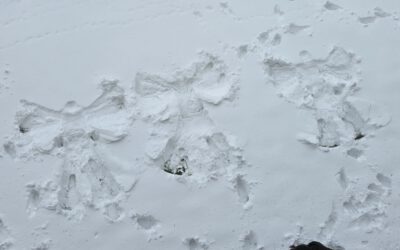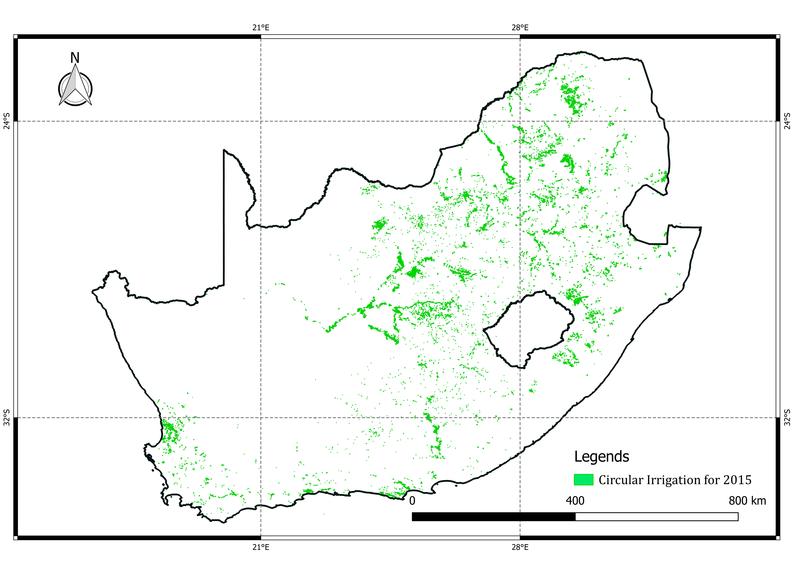
Bharath Selvaraj will defend his M.Sc. thesis on August 8th at 10am in room 0.004.
From the abstract of his thesis: “Over the centuries, humanity made immeasurable progress in both technological innovation and medicine. This progress comes at the cost of environmental degradations and with medication advancement, high mortality diseases and sickness related to mal – nutrients have been cured. This leads to increase in world population growth rate especially in the South Asian countries and sub – Saharan countries, where the climate changes effects puts water resources under stress. The present study was conducted for year 2010 and 2015 in one of the sub – Saharan country as South Africa. This study focus on detect and evaluate the development of circular irrigation in this study period. The circular irrigation fields are detected by using the image segmentation techniques from computer vision library is Hough transform and watershed segmentation. It also elaborates the use of multi – temporal TimeScan product with 6 spectral indices including the features of temporal statistics. The study was carried out to assess the development of circular irrigation in South Africa as well as impact of climate changes in change of practicing different irrigation methods to centre – pivot systems, and also the location, distribution and expansion of this irrigation system in available water source.”

